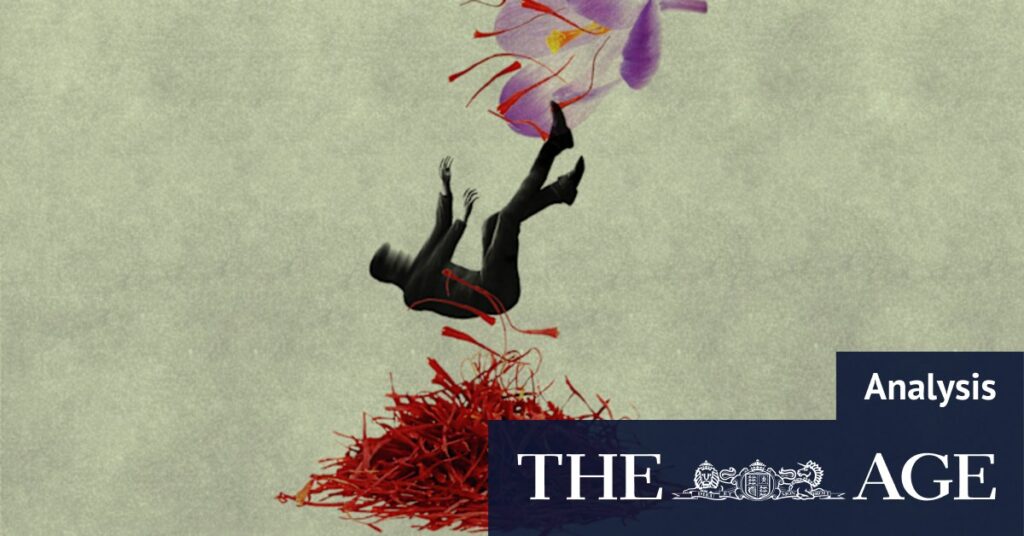
Probiotics and vitamin D have shown promise in reducing depressive symptoms more effectively than a placebo, according to recent research led by Rachael Frost, a senior lecturer at Liverpool John Moores University. However, the study highlights that St John’s Wort and saffron demonstrated effects comparable to prescription antidepressants. This finding was detailed in an editorial in Frontiers of Pharmacology, authored by Frost, who is also a practitioner of herbal medicine.
The announcement comes as mental health professionals continue to explore alternative treatments for depression. St John’s Wort, a flowering plant, has long been recognized for its potential in treating mild to moderate depression. A Cochrane review in 2008 confirmed that the flower extract could be as effective as conventional antidepressants.
The Pharmacological Potential of St John’s Wort
Ian Hickie, a professor of psychiatry and co-director of health and policy at the University of Sydney’s Brain and Mind Centre, remarked on the pharmacological similarities between St John’s Wort and selective serotonin reuptake inhibitors (SSRIs), a class of antidepressants. “It should be seen as a ‘medicine’ and not simply a natural product,” Hickie emphasized. This perspective underscores the need to view herbal remedies with the same scrutiny as pharmaceutical interventions.
However, Hickie cautioned that many natural interventions, including those reviewed in Frost’s study, were primarily tested on individuals with subclinical depression rather than severe cases. This distinction is crucial, as it influences the interpretation of the study’s results. Additionally, the review did not analyze the statistical power of each trial, a common practice in modern meta-analyses, which may affect the reliability of the findings.
Saffron: A Spice with Antidepressant Properties?
Meanwhile, saffron has emerged as another potential natural antidepressant. The review included eighteen studies on saffron, most of which reported mood improvements comparable to conventional medications. However, a closer examination reveals that many of these studies were conducted by a small group of researchers in Iran, the world’s leading saffron producer. This concentration raises questions about the generalizability of the findings.
One notable study conducted outside Iran, led by Dr. Adrian Lopresti in Australia, found that saffron extract could reduce depressive symptoms in individuals already on pharmaceutical antidepressants. Lopresti’s recent research, involving 202 participants, marks the largest study on saffron and mood to date. The trial reported that 72.3% of participants with depressive symptoms showed significant improvement with saffron extract, compared to 54.3% on a placebo.
Saffron is believed to address chemical issues associated with depression, including neurotransmitter imbalances, high inflammatory blood markers, and low antioxidant levels.
Industry Influence and the Importance of Independent Research
Despite these promising results, the Australian studies were funded by a biotech company selling saffron supplements, highlighting a potential conflict of interest. Dr. Lopresti advises caution, suggesting that findings should be replicated across various research organizations globally. “Has it been replicated across the world with different research organisations?” he asks, emphasizing the importance of diverse and independent research.
Jerome Sarris, a professor of integrative mental health at the NICM medical research institute, echoes this sentiment. He stresses the importance of managing conflicts of interest in placebo-controlled, double-blind studies, where neither participants nor researchers know who receives the placebo. “Universities are pretty good in terms of having safeguards around conflict of interest management,” Sarris notes.
Implications for Mental Health Treatment
The exploration of natural antidepressants like saffron and St John’s Wort offers promising alternatives for those seeking treatments beyond conventional pharmaceuticals. However, experts advise individuals considering supplements for mood or mental illness to seek professional health advice. Herbal remedies can interact with other medications, sometimes with serious consequences. For instance, St John’s Wort can cause a potentially life-threatening increase in serotonin levels when combined with certain antidepressants.
As research continues, the potential for natural substances to complement or even replace traditional antidepressants remains a topic of significant interest. The findings underscore the need for further studies across diverse populations and settings to establish the efficacy and safety of these alternative treatments.





